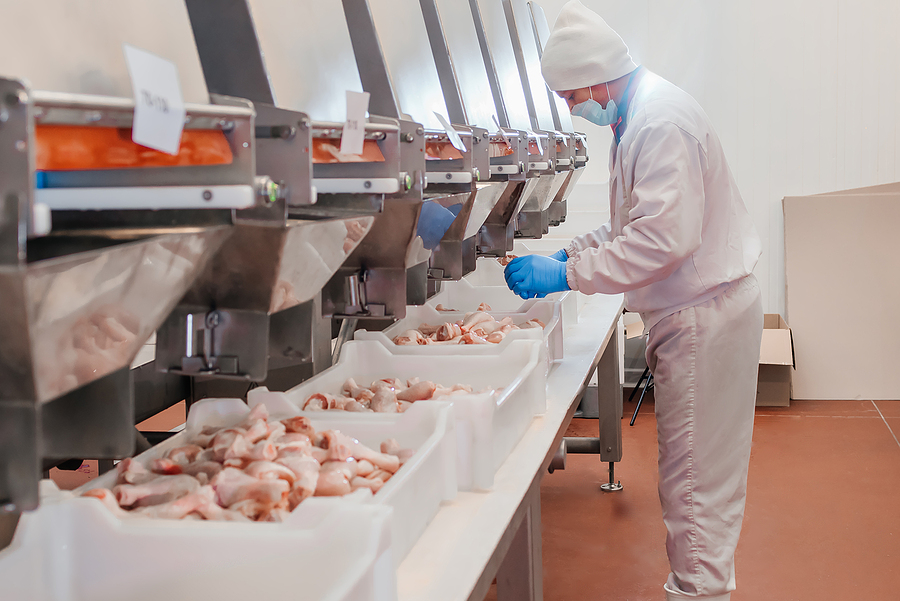Introduction
Private label specialty foods have actually gotten immense popularity recently. With customers looking for unique and personalized food alternatives, private label food have come to be a go-to option for lots of. In this post, we will certainly look into the detailed procedure of private label food manufacturing, checking out the steps involved and the key players in the industry.
The Rise of Private Label Food Manufacturers in Australia
Australia has actually seen a considerable rise secretive label food suppliers. With customers becoming more conscious about their dietary preferences and demanding high-grade products, private label food manufacturing has become a financially rewarding organization opportunity. These makers accommodate different sections, consisting of exclusive tag cheese, snack food makers, and more.
Understanding Private Label Food Manufacturing
Private label food production includes creating and producing food products for retailers or services who then market these products under their own trademark name. This procedure allows merchants to supply unique offerings to their consumers without spending heavily in r & d or production infrastructure.

Key Steps Involved in Private Label Food Manufacturing
Step 1: Item Advancement and Customization
Private tag food producers function very closely with retailers to recognize their needs and develop tailored items. This step entails brainstorming sessions, market research, and recipe formula. Private tag specialized foods are made to deal with certain consumer preferences and dietary needs.
Step 2: Sourcing Ingredients
Once the item specifications are completed, private label food manufacturers resource high-quality ingredients from trusted providers. They guarantee that all active ingredients satisfy rigid top quality requirements and stick to regulations set by relevant authorities.
Step 3: Production and Packaging
After obtaining the active ingredients, private label food production starts. The manufacturing facilities utilize state-of-the-art devices and adhere to stringent hygiene methods to produce secure and scrumptious food. Product packaging is additionally an indispensable private label cheese part of this action, making certain that the item continues to be fresh while attracting consumers.
Step 4: Quality Control and Testing
Private label food producers carry out strenuous quality assurance checks at every stage of the manufacturing procedure. This includes checking the active ingredients, checking production lines, and carrying out sensory assessments. These steps ensure that the final product meets the best standards.
Step 5: Labeling and Compliance
Once the products are made and quality examined, private label food makers deal with labeling and conformity. They make sure that all information on the product labels is precise and adhere to regulatory guidelines. This step is critical to provide consumers with transparent info concerning the item's materials and nutritional values.
Advantages of Private Label Food Manufacturing
Private tag food manufacturing offers a number of advantages for both stores and consumers. Let's explore a few of these benefits:
Customization: Merchants have the freedom to create distinct items customized to their target market, enabling them to distinguish themselves from competitors.
Cost-effectiveness: Private label food makers use economical solutions by eliminating the requirement for sellers to purchase study, advancement, and manufacturing infrastructure.
Control over branding: Merchants can construct their brand name picture by marketing personal label foods under their own name. This enables them to develop depend on and commitment among consumers.

Flexibility: Private label food production offers stores with adaptability in regards to product offerings. They can easily adapt to changing customer fads and preferences.
Higher profit margins: With decreased production prices, stores can take pleasure in greater earnings margins on private label food compared to branded alternatives.
Quality assurance: Private label food producers prioritize quality control steps, guaranteeing that sellers obtain regular and top notch items for their customers.
FAQs regarding Private Label Food Manufacturing
Q1: What is the function of private label food manufacturers?
A1: Private label food suppliers play a critical role in creating personalized food for retailers or services that market them under their own brand name name.
Q2: Exactly how does private label food production benefit retailers?
A2: Private label food production allows sellers to provide special products, build their brand image, and appreciate greater revenue margins contrasted to branded alternatives.
Q3: Can private label food suppliers cater to certain dietary preferences?
A3: Yes, private label food manufacturers can develop items customized to certain nutritional requirements and choices, consisting of gluten-free, vegan, or organic options.
Q4: Exist any type of policies regulating private label food manufacturing?
A4: Yes, private label food manufacturers must comply with guidelines set by pertinent authorities relating to component sourcing, labeling, and high quality control.
Q5: Can private label food suppliers handle large production?
A5: Yes, private label food manufacturers have the capabilities to manage both small-scale and large-scale production based on the store's requirements.
Q6: Just how can merchants ensure the high quality of private label food products?
A6: Stores need to team up with trustworthy private label food producers that prioritize rigorous quality control procedures and have a track record of providing remarkable products.
Conclusion
Private tag food production offers a world of possibilities for merchants looking to give distinct and tailored offerings to their consumers. With a streamlined procedure including product advancement, component sourcing, manufacturing, product packaging, and quality assurance, private tag specialized foods have actually acquired enormous appeal. By partnering with trustworthy private label food suppliers in Australia or any kind of various other area, sellers can establish their brand identification while enjoying cost-effectiveness and versatility in their product offerings. So why wait? Dive into the interesting globe of exclusive label foods today!